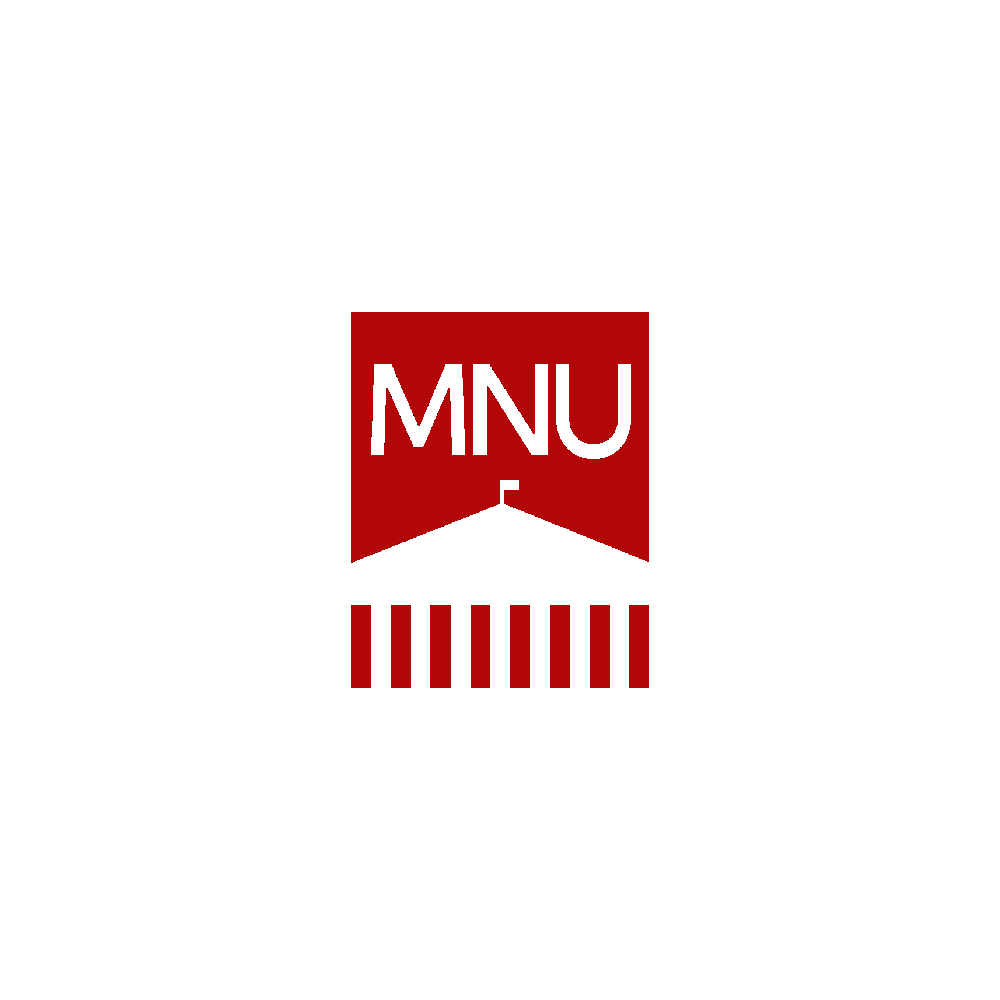

BACHELOR OF SERVICE MANAGEMENT IN “6B11102 TOURISM”
Aim of the Programme: The Programme focuses on providing basic skills and knowledge in the field of management and business processes in the tourism industry at both national and global levels. Students will gain practical experience in evaluating tour-ism projects, organising and managing cultural and business events, and developing operational and strategic plans for
tourism-related projects.
The educational programme is designed to meet the State Educational Standards of the Republic of Kazakhstan, along with professional standards and current market and employer demands.
|
Educational Programme
|
Language of Instruction
|
Total UNT Score – Admission Requirement
|
UNT Score Requirements for State Grant Competition
|
Requirements for UNT Profile Subjects
|
English Language Requirements | ||
| IELTS 2025-2026 | TOEFL | PET/FCE/CAE | |||||
| BSM in Tourism 4 years | ENG | 70 | 130 | Geography – 5, Foreign Language – 5 | 5 | IBT min. 35 | РЕТ min. 154 FCE min. 154 CAE min. 160 |
| BSM in Tourism 3 years | ENG | Interview | 5,5 | IBT min. 46 | РЕТ min. 162 FCE min. 162 CAE min. 162 |
||
The programme is offered in two formats:
Full-time (4 years) – Requires the completion of 248 academic credits and is intended for students entering with secondary education.
Accelerated (3 years) – Available for students with secondary vocational education, allowing them to re-credit previously completed courses from college.
All students can personalise their study plans, choosing from a diverse selection of courses listed in the School of Liberal Arts course catalogue.
Industry Partnerships & Internship Opportunities
Specialisation Options (Minors)
Students can broaden their career prospects by selecting a specialisation (minor) from the following options:
Double Degree Opportunities
The program offers double-degree pathways with prestigious institutions such as:
Business Project Development
To develop highly qualified tourism professionals with a multidisciplinary vision of the tourism industry, equipped to manage tourism businesses and products at both public and private levels. Graduates will be adaptable to a rapidly evolving global market, prepared for international collaboration, and capable of fostering small and medium-sized enterprises (SMEs) in the tourism sector.
The Bachelor’s in Tourism with a focus on Management and Operations prepares students to become multilingual, industry-savvy tourism professionals who understand global business standards. The program also develops future leaders in the tourism industry, ready to work in multicultural environments.
Additional Features:
Students can complete up to two minors throughout their studies.
The program includes foreign language training, allowing students to learn Chinese, Spanish, Italian, German, or French, further enhancing their global competitiveness.
The curriculum aligns with national educational standards while integrating international best practices and employer expectations, ensuring graduates are well-equipped for dynamic careers in tourism and hospitality.
Learning Outcomes
By the end of this Programme, graduates will be able to: